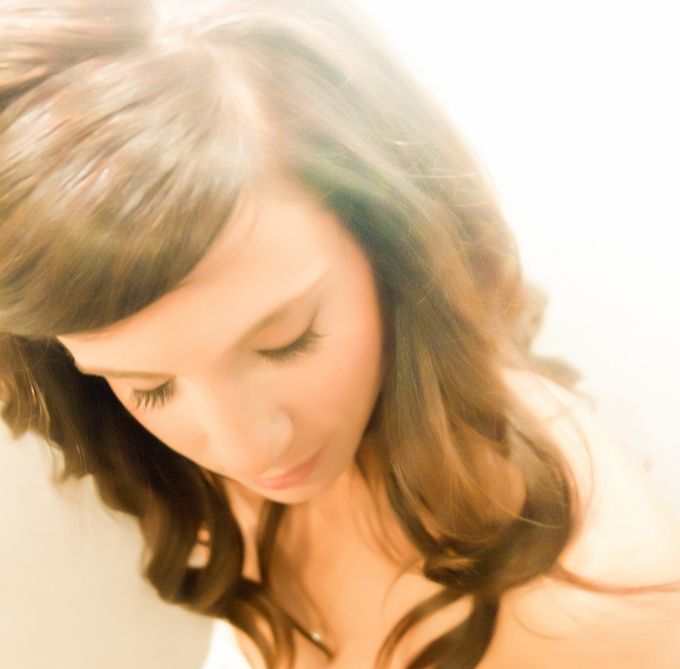How can you tell whether you scalp is oily ? Remember that it's possible to have dry hair and a greasy scalp. So, forget your hair for a moment and take a good look at your scalp. If you're not sure, try this test: a day after shampooing, rub a paper tissue on your part. If you see oil on the tissue, then your scalp is quite oily. PS An itchy scalp may be either very dry, or very oily, or it might be dandruff. Read this to tell the difference.
How to deal with an oily scalp:
- Wash your hair with cool or cold water. Very warm or hot water will stimulate the oil production even more.
- A greasy scalp may mean that you zinc deficient. Getting some extra zinc in your diet should regulate the oil production on your scalp. Zinc-rich food include chickpeas, pumpkin seeds, beans, muesli, whole-grain bread. Do consult with your physician before taking any supplements though, and remember that zinc should be taken every other day, not every day.
- Try the black radish scalp mask. It works against excessively greasy scalp and dandruff.
- Use a shampoo meant for oily hair, even if the rest of your hair is normal/dry. Always match your shampoo to your scalp, and your conditioner to your hair. (On that note, use the shampoo only on your scalp, not one the hair).
- Avoid shampoo with SLS. It completely strips your scalp of its natural oils, which aggravates your oil glands even more. When you switch to a gentler shampoo your scalp may be even oilier for a week or two (since it's used to hard shampoo) but soon it will calm down and you will see the improvement.
- You can try the no-shampoo method: washing your hair with conditioner brings the scalp to normal. Read about how to do it and which conditioner to choose here. I've washed my hair with conditioner for a long time and was pretty happy with the results.
- After shampooing, rinse your hair with cool water with a bit of lemon juice or vinegar in it. This is acidic and restores the pH balance of the scalp.
- Let your hair dry naturally, or use the cool setting on your hair dryer. Hot air aggravates the oil glands on your scalp.
- Herbal tinctures can help with an oily scalp, especially those of rosemary, mint and salvia. A tincture is prepared just like a tea: just pour boiling water (2-3 glasses over 1 tsp of the herb). Rub on the scalp every day.
- Remember that the rest of your hair is probably dryer, and might need oils and heavy conditioners. Apply those from the ear down, concentrating on the ends.
Bonus washing tip:
Before shampooing, wet your hair with lukewarm water. Then, for 10 seconds or so turn the water to the coldest setting. Then, turn it back to lukewarm. Repeat if you want to. This will cause the tiny muscles on the scalp constrict (you'll get goosebumps on your heads) and this will push out the excess sebum which otherwise would have come out only a day later.
Bonus styling tip:
If you have to go out, and your roots look greasy but you have no time for a shampoo, sprinkle a bit of corn or potato flour/starch or them, and after 2 minutes brush it out. This should remove some of the greasiness. Alternatively use an alcohol-free dry shampoo (alcohol will aggravate the oiliness).
Are your roots greasy? How do you deal with them?


